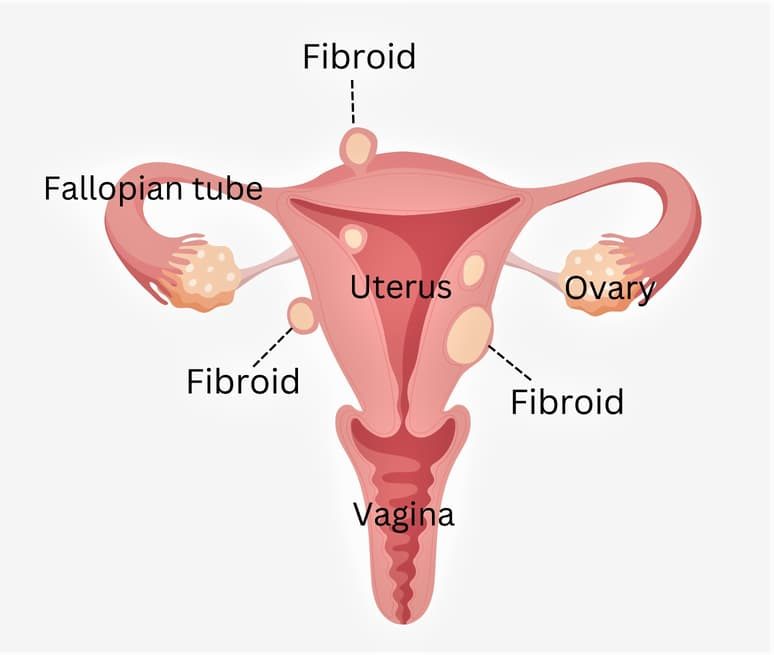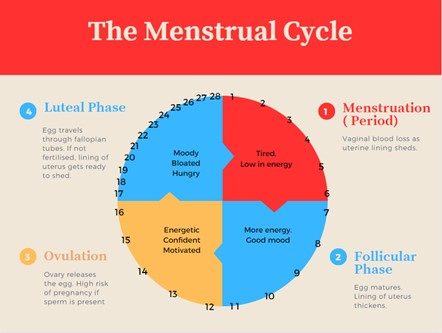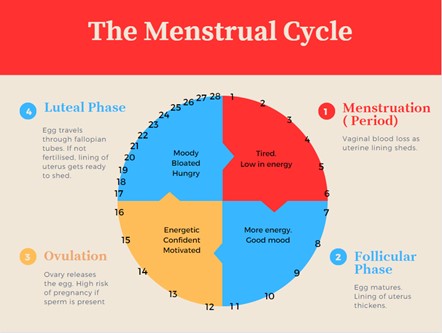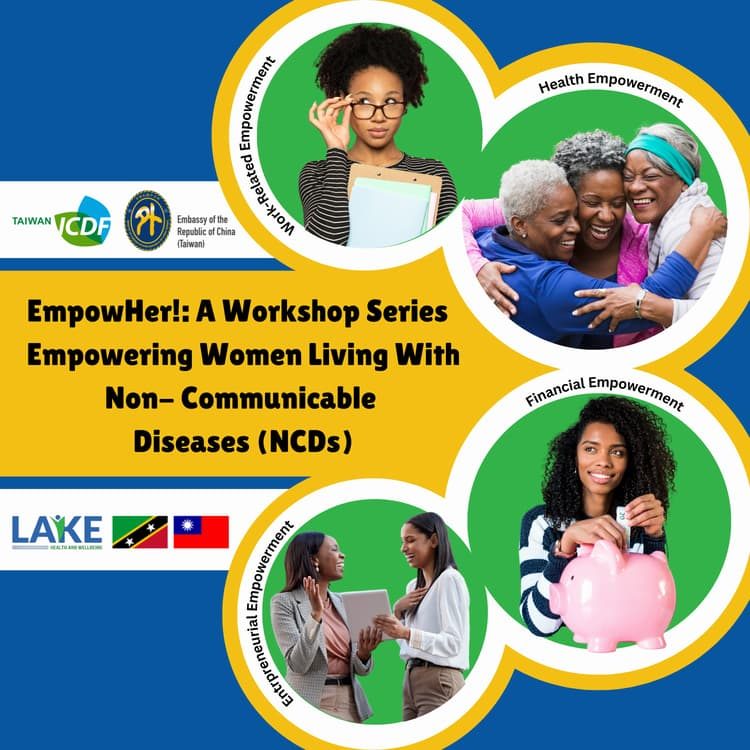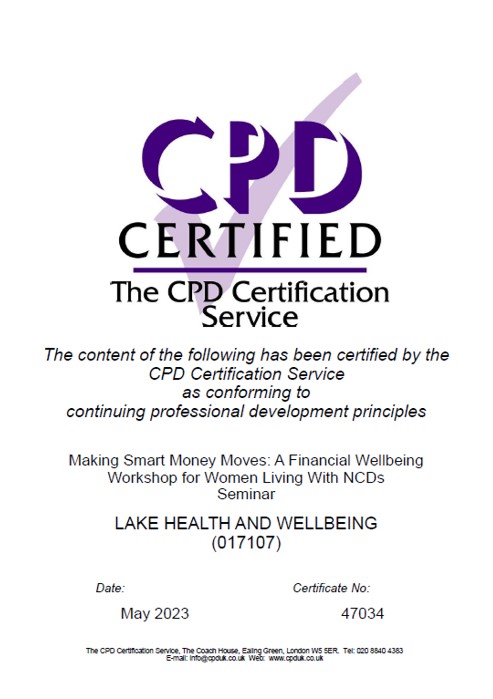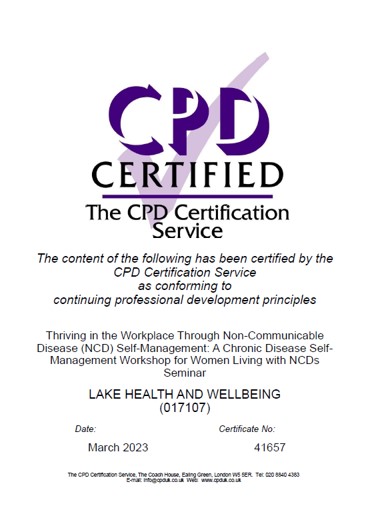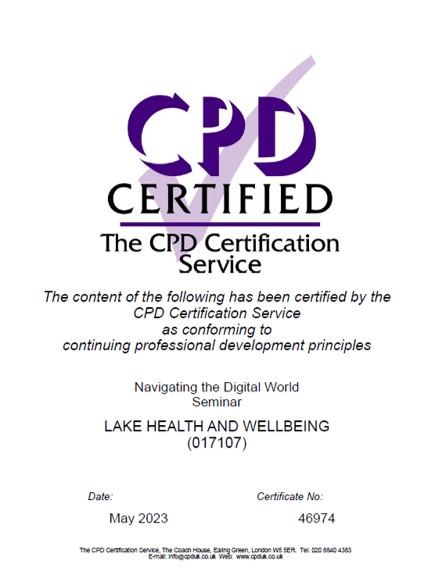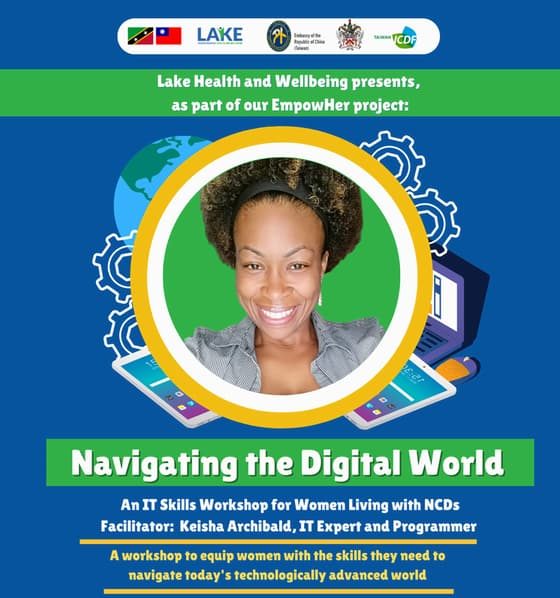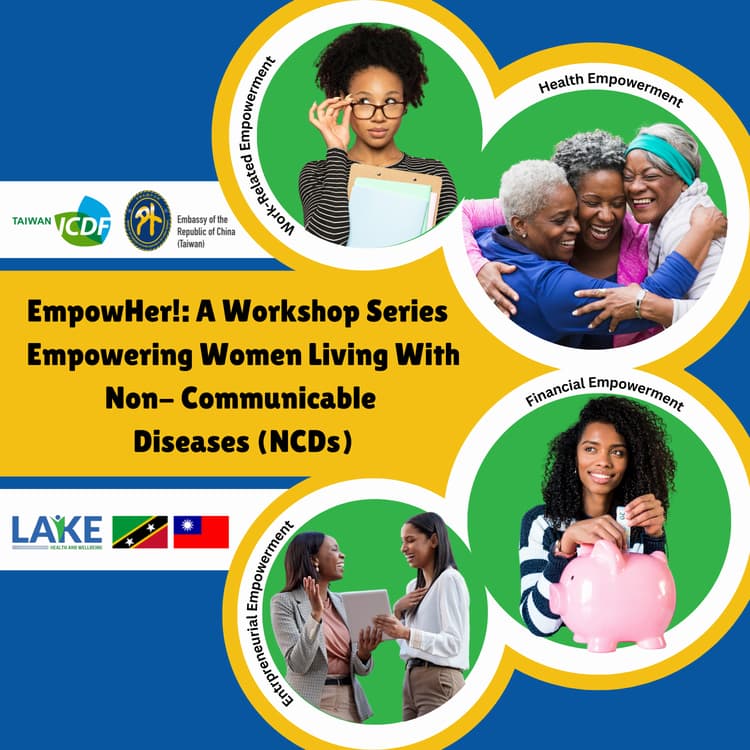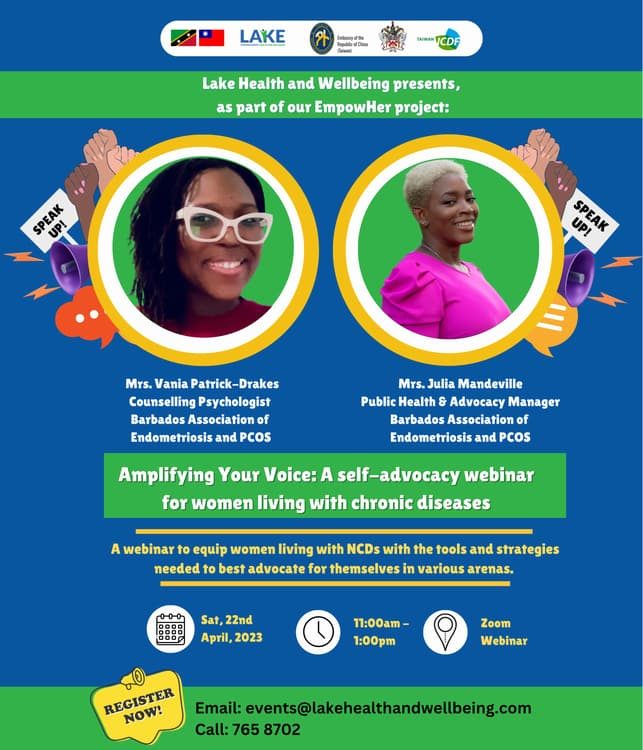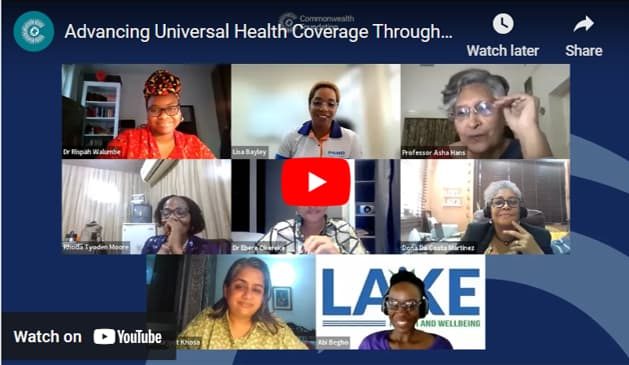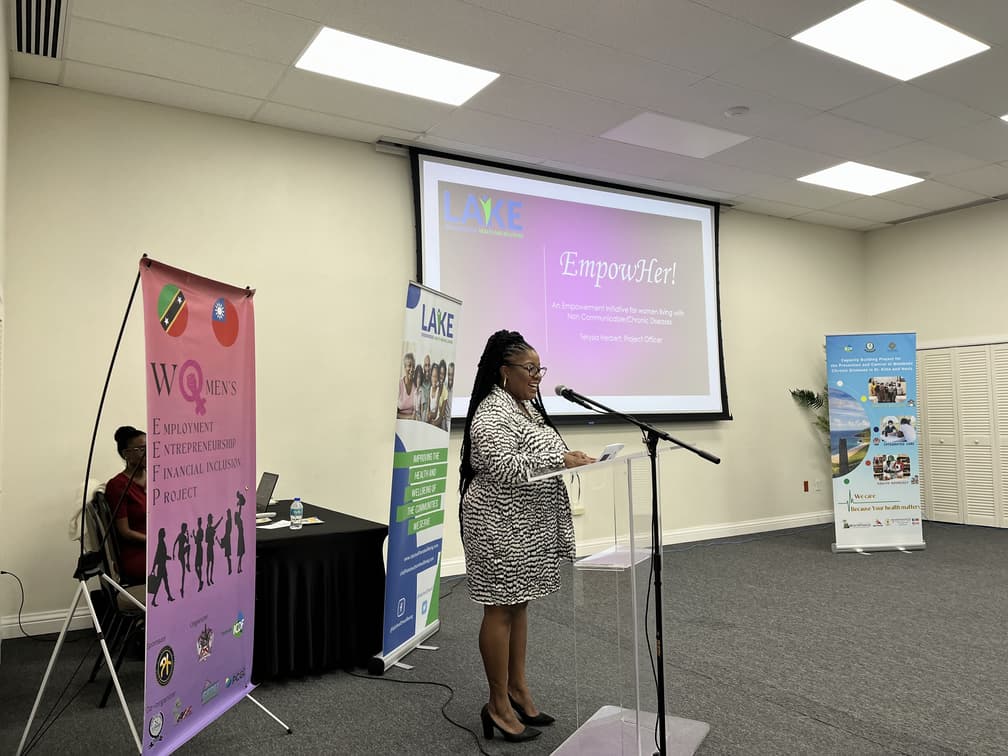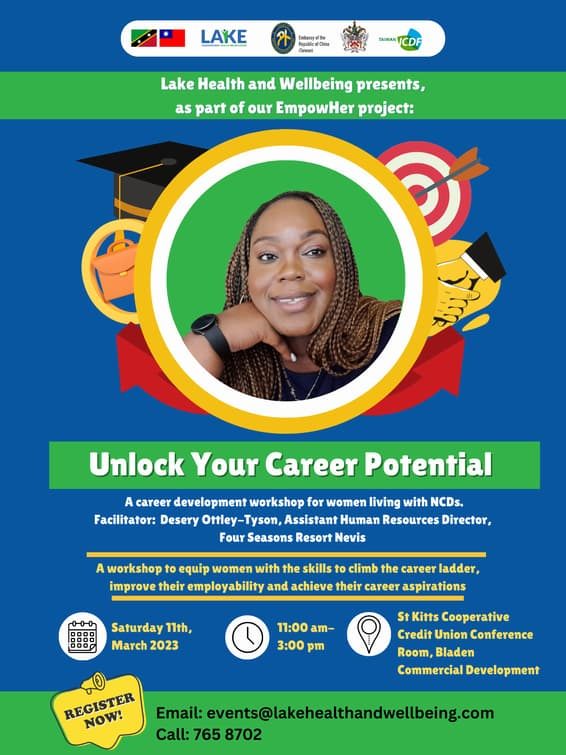Universal Health Coverage (UHC) is a fundamental human right, which means that everyone should have access to essential health services without financial hardship. While some progress has been made in some parts of the world, gender inequality remains a significant barrier to achieving UHC. Women and girls face unique challenges when it comes to accessing healthcare, including discriminatory policies, social and cultural norms, and economic constraints.
In February, the Commonwealth Foundation hosted a Roundtable discussion on Advancing Universal Health Coverage through Gender Equality. The event was attended by health experts and civil society leaders, including our Programme Director, Abi Begho. The event was an opportunity to discuss the importance of gender when introducing universal healthcare and to explore ways to make health systems more equitable and inclusive.
During the discussion, panellists shared insights on why gender-sensitive health policies matter, what policies make health systems more equitable and inclusive, and how to build adequate and resilient health systems that are efficient, accessible, and equitable. Civil society leaders working directly with communities on health access for women and girls also shared their experiences and provided valuable input.
One of the key takeaways from the Roundtable discussion was the need for gender-sensitive policies that address the specific health needs of women and girls. This includes policies that address reproductive health and maternal health, as well as policies that address the unique health needs of women at different stages of their lives, such as menopause and post-menopause.
Another key takeaway was the importance of building adequate and resilient health systems that are efficient, accessible, and equitable. This includes investing in health infrastructure, training and supporting health workers, and ensuring that essential medicines and supplies are available and affordable.
The discussion also highlighted the importance of involving civil society in the policymaking process to ensure that the needs and perspectives of women and girls are taken into account. Civil society organizations play a critical role in advocating for gender-sensitive policies and holding governments accountable for their commitments to UHC.
At the end of the discussion, participants had the opportunity to develop key policy asks that will go to Health Ministers and policymakers within and beyond the Commonwealth. This was an important step in ensuring that the voices of civil society are heard and that policies are developed with the needs of women and girls in mind.
In conclusion, the Commonwealth Foundation’s Roundtable discussion on Advancing Universal Health Coverage through Gender Equality was an important event that highlighted the need for gender-sensitive policies and equitable health systems. It was an honour to contribute to this conversation and to work alongside other health experts and civil society leaders to promote UHC for all. By working together and advocating for gender-sensitive policies, we can create a world where everyone has access to essential health services and can live healthy, fulfilling lives.







